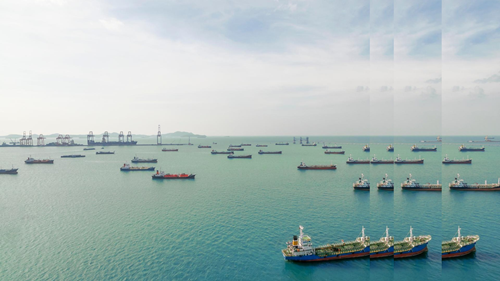Revision of VBER and Horizontal Guidelines (milestones in 2020)
As part of the evaluation of the Vertical Block Exemption Regulation (EU) No 330/2010 (“VBER”) and the corresponding Guidelines on Vertical Restraints (“Vertical Guidelines”), the European Commission (“Commission”) held an open public consultation on the revision of the VBER between February and May 2019. As the VBER will expire at the end of May 2022, the purpose of the Commission’s evaluation is to determine whether it should let the VBER lapse, prolong its duration or revise it. The entire evaluation process is anticipated to end in the second quarter of 2020.
The objective of the VBER is to help companies in assessing the legality of vertical agreements under Article 101 TFEU and to provide a safe harbour for certain vertical agreements. When the VBER came into force, the Commission had a classic distribution system in mind, consisting in particular of manufacturers and dealers. However, the ever-increasing importance of online trade has led to the emergence of new players with significant market power, such as digital platforms acting as intermediaries. These are not explicitly covered by the VBER. Specific restrictions of competition in online distribution have already been the subject of recent judgments by the European courts. Thus, there is a great need for legal certainty on the part of the undertakings concerned, which the current evaluation attempts to meet.
The necessity of adapting competition law to changing market conditions and new case law was largely confirmed by the 164 participants. Most participants were also in favour of maintaining the VBER. The contributions submitted also indicate that when revising the VBER the Commission will have to address the classification of online platforms, the scope of the withdrawal exception for dual distribution, the market share thresholds and an adjustment of current hardcore restrictions.
In addition to the VBER, the Commission is currently also evaluating two regulations on horizontal agreements, namely those on research and development and specialisation agreements. Furthermore, the corresponding Horizontal Guidelines are also under review. Both regulations will expire on 31 December 2022. The Commission is therefore in the process of undertaking an evaluation process with objectives comparable to those of the VBER revision. The Commission has already conducted an initial evaluation, which ended in October 2019. The entire evaluation phase is scheduled to be completed in the first quarter of 2021. Stakeholders currently have until 12 February 2020 to participate in this process through public consultation.










